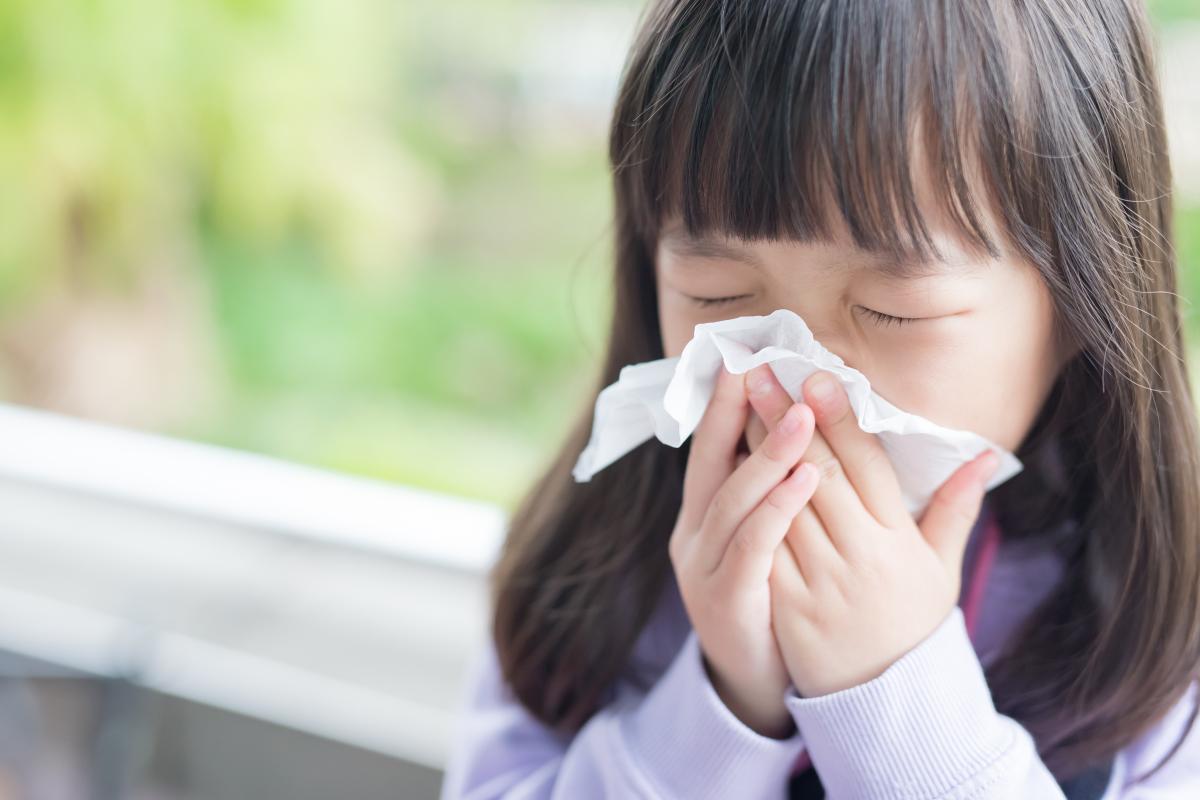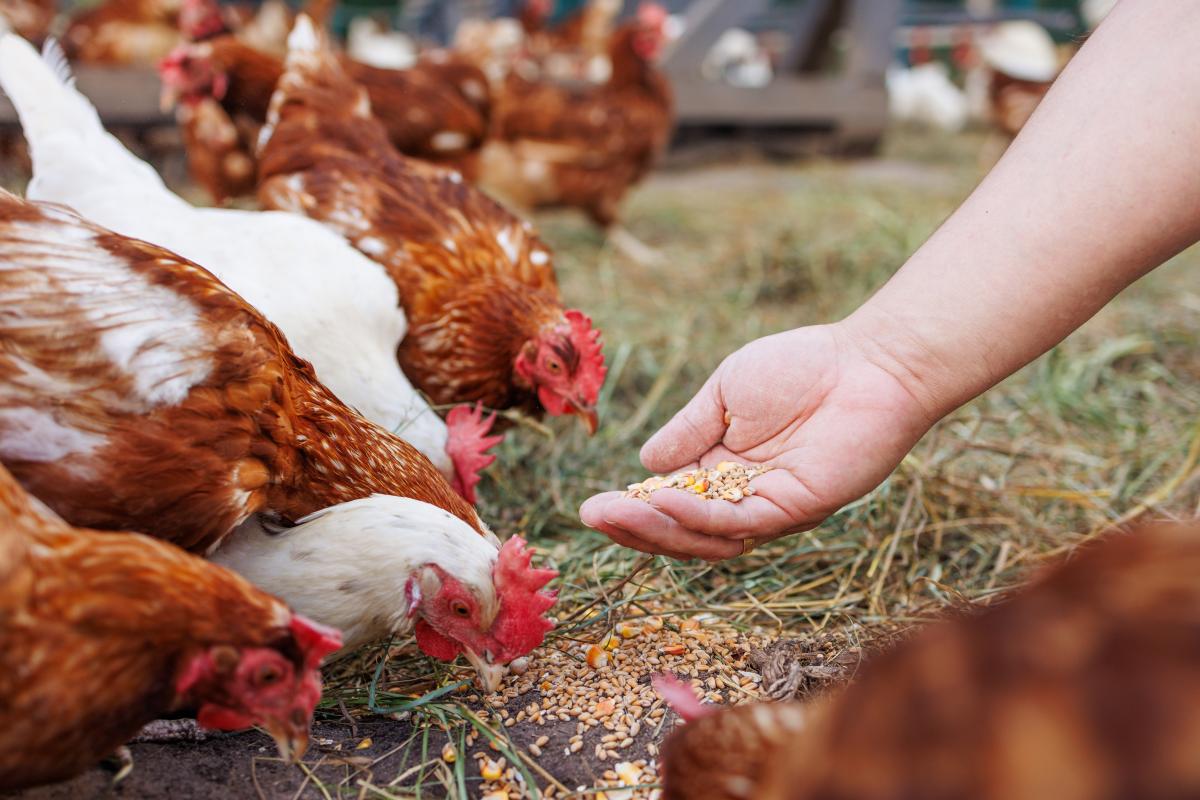Seasonal flu and COVID-19 vaccines are currently available in our clinics.
Visit our Immunizations Clinic page to learn about our services and who qualifies for vaccines through our programs.
When it starts getting cold, we see more cases of COVID-19, influenza (flu), RSV, and colds. COVID-19, flu, and RSV are contagious respiratory illnesses, but they are caused by different viruses.
Vaccines
Vaccines for COVID-19, flu, and RSV work to help prevent severe illness and hospitalization. Flu, COVID-19, and RSV vaccinations are widely available at pharmacies, clinics and primary-care offices, and most insurance companies cover the costs.
- Flu and COVID-19 vaccinations are recommended for everyone aged six months and older. A statewide standing order that took effect in September allows all eligible Coloradans to receive the updated COVID-19 vaccine at pharmacies and other authorized sites without a separate physician prescription.
- RSV vaccines are recommended for adults 75 years and older, those with underlying conditions, and pregnant people during weeks 32-36 of pregnancy.
- Infants entering their first winter also need protection against RSV infection. If protection wasn’t provided during weeks 32-36 of pregnancy, infants are recommended to receive an immunizing injection during RSV season (October through March).
Help Keep Others Healthy
If you're experiencing respiratory symptoms plan to should stay home and away from others until all of your symptoms are getting better and you have not had a fever (without fever-reducing medication) for at least 24 hours. Resume normal activities and take extra precautions over the next five days.
Those that are at increased risk for severe illness including adults 65 and older, children younger than 2, and others with underlying medical conditions should contact your healthcare provider for additional guidance.
By taking the following steps, you can help the spread of respiratory illnesses:
- Get vaccinated against, flu, COVID-19, and RSV if eligible.
- Practice good hygiene and wash your hands often with soap and water.
- Stay home when sick for at least 24 hours after your fever is gone.
- Cover coughs and sneezes with a tissue or your shirt sleeve.
- Consider wearing a well fitting mask. When worn by a person with an infection, masks reduce the spread of the virus to others. Masks can also protect wearers from breathing in infectious particles from people around them.
- Get plenty of rest.
- Clean and disinfect frequently touched surfaces.




